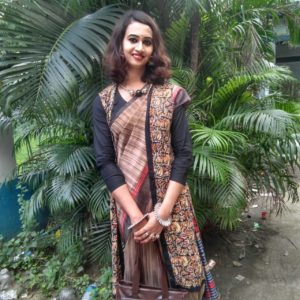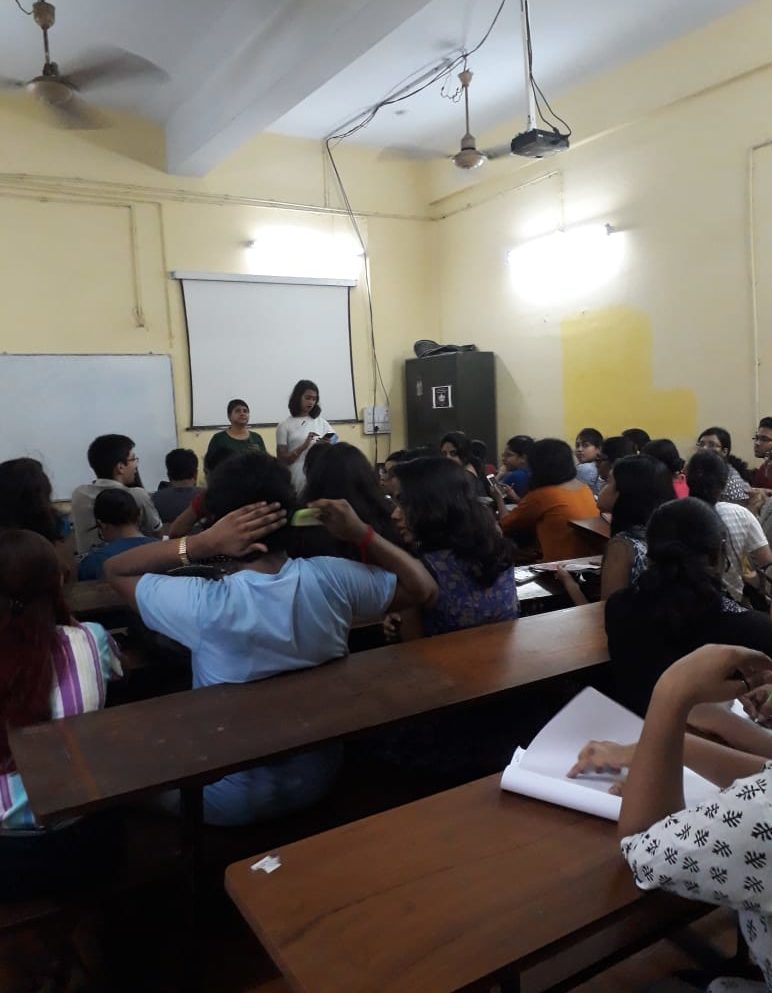Sharing my experience as a trans-woman in an “empathy class” with Jadavpur University students has been remarkable
Last week, I interacted with students of the English department of Jadavpur University in an “empathy class”. I narrated to them my experiences as a transgender person – which the students will take up as a case study and prepare their respective projects.
I was born male – my name was Hiranmoy Dey. But I was a woman trapped in a man’s body. After years of struggle, I went through sex reconstruction surgery and became a woman, Suchitra Dey.
Jadavpur University department of English invited me to narrate my experience to the students – so that they can develop empathy for the marginalised. Faculty member Nilanjana Deb, who teaches post-colonial and subaltern literature, invited me to talk to the students. The sessions were intended to tell the students about the lives of the marginalised.
You see, gender is all about power relations, and how can the students understand these power dynamics unless they actually know the experiences of those who have faced it in its worst form? This would enable them to appreciate and understand the texts they are studying.
I visited the university on two days and spoke with the students – there were undergraduate, post-graduate, MPhil, PhD students – and they all listened to my experiences, which I told them about, for over two-and-a-half hours.
I told them about my childhood experience, my struggle to fit in, to try and conform to what was expected from me, how I was physically abused, how I repeatedly faced rejections because of my gender identity, and so on. The students were not aware of the lives and struggles of transgender persons.
There were about 80 students in the audience, and there was pin-drop silence during the talk. I have never seen such a class before – some of them had tears in their eyes by the end of the classes, they were so moved by my story.

They came to me, asked for my phone number, they congratulated me for fighting all odds and they understood my pain.
They could feel the pain that I felt due to lack of support from my family members, the way I was repeatedly abused mentally, physically. I did not have strong financial support either. While I was ridiculed, sexually assaulted, mentally tortured throughout my school life and college, I continued with my studies. I didn’t want my academic or professional life to be influenced or affected by whatever was going on in my personal life. Despite all the difficulty, I remained strong, I kept studying, I pursued higher studies – I did my Masters in English and in Geography.
Now I teach in a school. But recently, when I appeared for interviews in some other schools, I was asked questions about my body. How can questions on a person’s body and sexuality be relevant in a job interview? Though I have overcome a lot of hurdles, these sort of questions still keep coming my way.
I told the students at JU about my life in two phases – what I went through before my surgery and what the post-surgery phase has been like.
The idea of bringing the students to listen to the story of my life was to make them aware of the plight of transgender persons, and this decision on part of the English department authorities is truly remarkable.


Comments are closed.